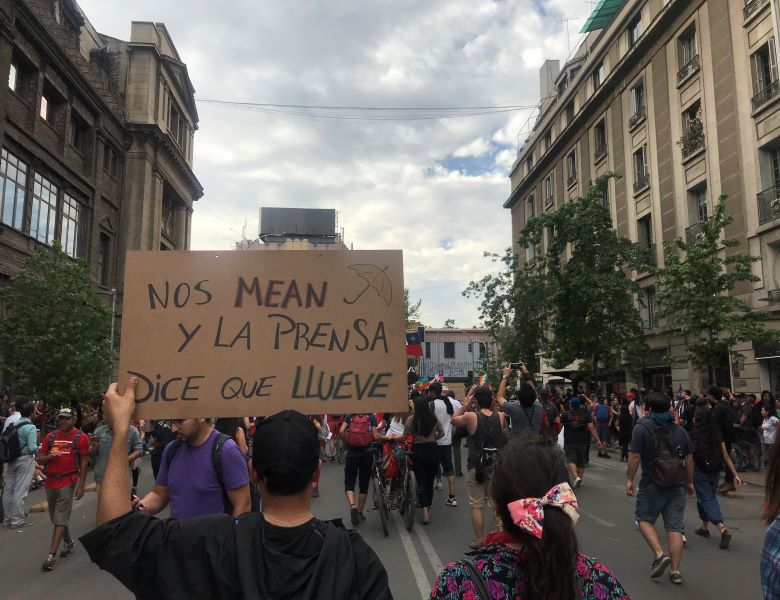Paid Social Networks, at the service of the elites and their Fake News model
Public opinion in Chile is managed by those who can finance the publishers, the lack of regulation and timely monitoring of campaign funding, coupled with a context in which the educational model in our country has eliminated philosophy, civic education and critical thinking from the curriculum in their classrooms, today generate the ideal conditions for the economic power of the elites, end up turning their option into a “virtual” reality, crushing on the voters of the constituent process.
By force of repeating over and over again from the antenna of their interests, they seek to impose themselves over what many and diverse community or political media from other perspectives can communicate about the historical moment in which our country and the world find themselves.
Those who inform the masses are those who can pay, and they affect public opinion, which says what can be repeated quickly without much attention or analysis, generating a degradation of democracy, fostered by this bought virtual world, where “fake news” or false news thrives.
What we are living is preoccupying, the lack of ethics that the press shows in the treatment of these issues, the shamelessness with which it is paid to misinform the “undecided” public; without taking responsibility for the consequences that it could mean for our next generations, to stop a process of profound change in the issues that today are embraced in the new constitution.
In spite of all this infamous machination of the powerful, our hope remains strong and clear in the construction of changes for the future, where spaces open up for what does not yet exist.
We take charge by working to create the conditions in the territories that will allow us to imagine and to ask ourselves actively and purposefully, in accordance with our best and multiple feelings: what will we form the regional assemblies of the future for? or from what needs will we create the popular initiatives of norm in our territories?
All these searches will allow us to create the conditions for a change to this neoliberal model, from the closest, from the politics of affection, where the recognition of diversity will be key, and its convergence can occur in a sincere and coherent way. May it be so.
Collaborative writing by Elizabeth Bravo and Natalia Ibáñez. Political Commission.






